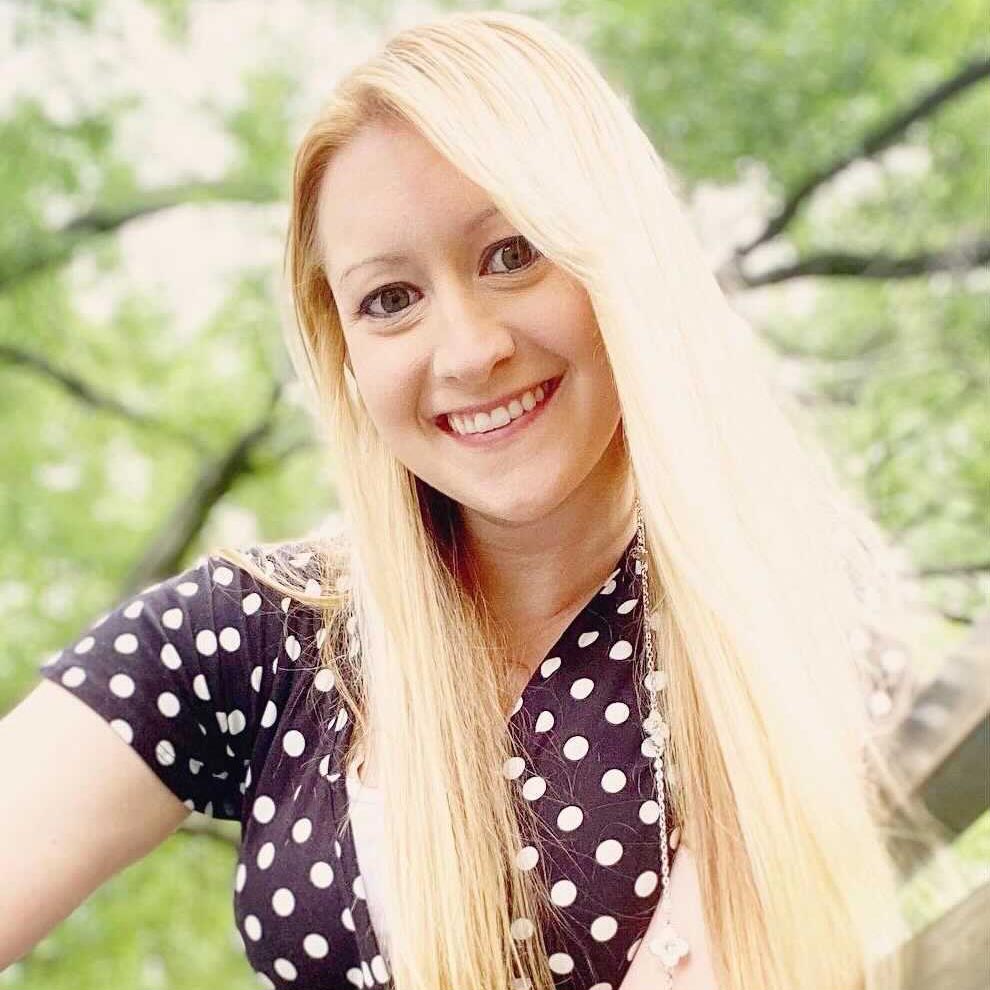
September 16, 2020 09:30 AM
Featured Stories
Stellantis uses AI to bring back late ‘Imported from Detroit’ ad voice for a new patriotic campaign
Chrysler, Dodge, Jeep and Ram are sponsors of an organization commemorating the 250th anniversary of the signing of the Declaration of Independence.




